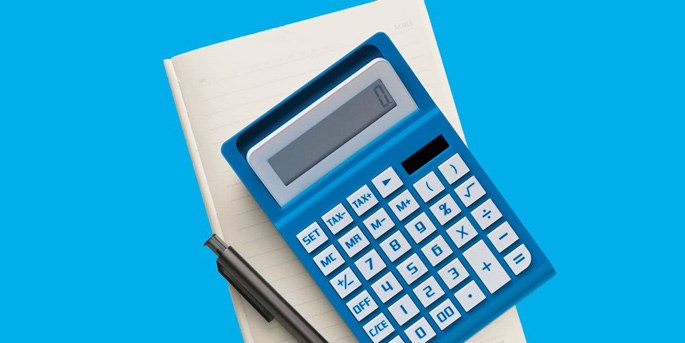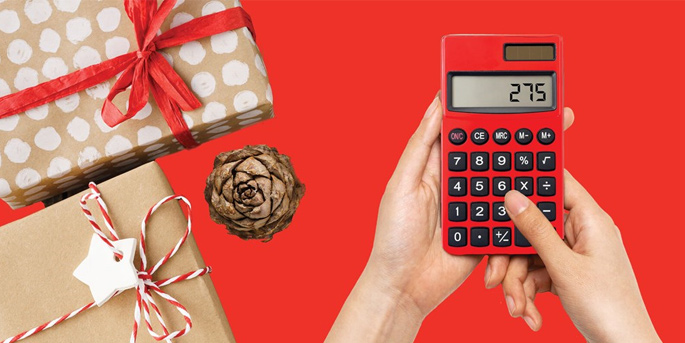Your End-of-Year Financial Checklist
Minute Read

By Bitsy McCann
Going through financials can be daunting, especially in the hustle and bustle of the holiday season. However, if you can find the time to review these items, you’ll be setting yourself up for financial success in the new year.
Choose New Savings Goals
Many people pushed their savings to the side over the past few years, and some had to dig deep into their “rainy day funds.” Whether you’re looking to contribute to your general savings accounts or replenish what you used, we recommend setting weekly, monthly or quarterly savings goals. Stick to those goals by creating a budget.
Be realistic about what you can save so that you can dedicate yourself to that amount. If you end up being able to save more than anticipated, put it into your savings. You can always open up specialty savings accounts to put away money for particular things. This is always helpful if you have a savings surplus.
Examine Your Spending
Review your spending to see where you might be able to make some cuts. Perhaps it’s time to revisit your budget. From carry-out dinners to impulse purchasing, go through your spending with a fine-tooth comb. Ask yourself, “Do I need this, or do I want this?” If the answer is “I want this,” eliminate those expenses as much as possible.
Keep in mind; life is for living. We’re not advocating to get rid of every single thing you want. Instead, look at what you can comfortably cut while still enjoying your day-to-day life. That said, if your lifestyle is driving you further into debt, it’s time to make some drastic cuts.
Develop a Plan to Pay Off Your Debt
While you’re cutting things from your spending, plan to allocate some of that money to savings and most of that money to pay off debt. If most of your debt is from high-interest credit cards, pay those off first. Then work your way down from there.
If possible, consolidate your credit card debt and move it to a lower interest rate card. Most Financial institutions have an introductory 0% interest rate for a certain period. Take advantage of this while you can. It will help you pay off your debt faster and save more money in the long run.
Check Your Credit Report
You can pull your credit report for free once a year by visiting annualcreditreport.com—which the federal government authorizes. When you have the report in hand, what are you looking for? Look for things like accounts you didn’t open, loans you didn’t take out and anything else that wasn’t specifically authorized by you. Finding issues early is the easiest way to prevent identity theft and keep your credit score from dropping before it gets out of control.
Look at Your Banking Habits
Do you pay all of your bills on time? If not, is it an issue with memory or money? If it’s a memory issue, take the time to set up autopay on as many of your bills as possible. This will ensure you don’t continue to collect late fees.
Do you often pay for purchases with your debit card when you don’t have the money in your account? If so, link your savings with your checking account to prevent overdraft charges. However, remind yourself of #2 on this list. Try to keep your spending under control.
Commit to Yourself in the New Year
You can make all the plans in the world, but if you do not dedicate yourself to keeping up with them, they’re not going to happen. Through every step of this checklist, build up your resolve to stay motivated. Reducing debt and saving money helps eliminate stress and creates a lifestyle that gives you more options overall.
Download a PDF of your end-of-year checklist to check off as you complete each step.
If you need help sorting through any of your finances, as a member, you have access to a personal concierge—your go-to for help setting and achieving your financial goals. It's their full-time job to help you navigate the details of spending, saving and planning for the future. Best of all, they're here whenever you need them. Not a member yet? Consider joining our credit union faM1ly. It’s as easy as 1-2-3.



